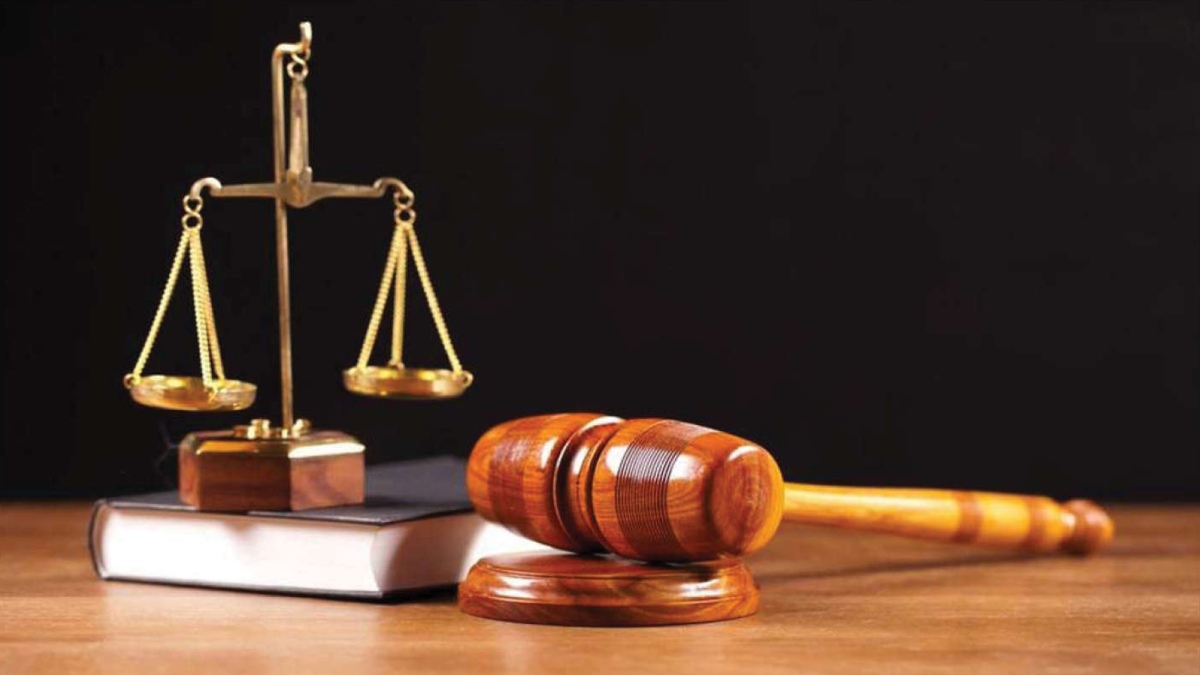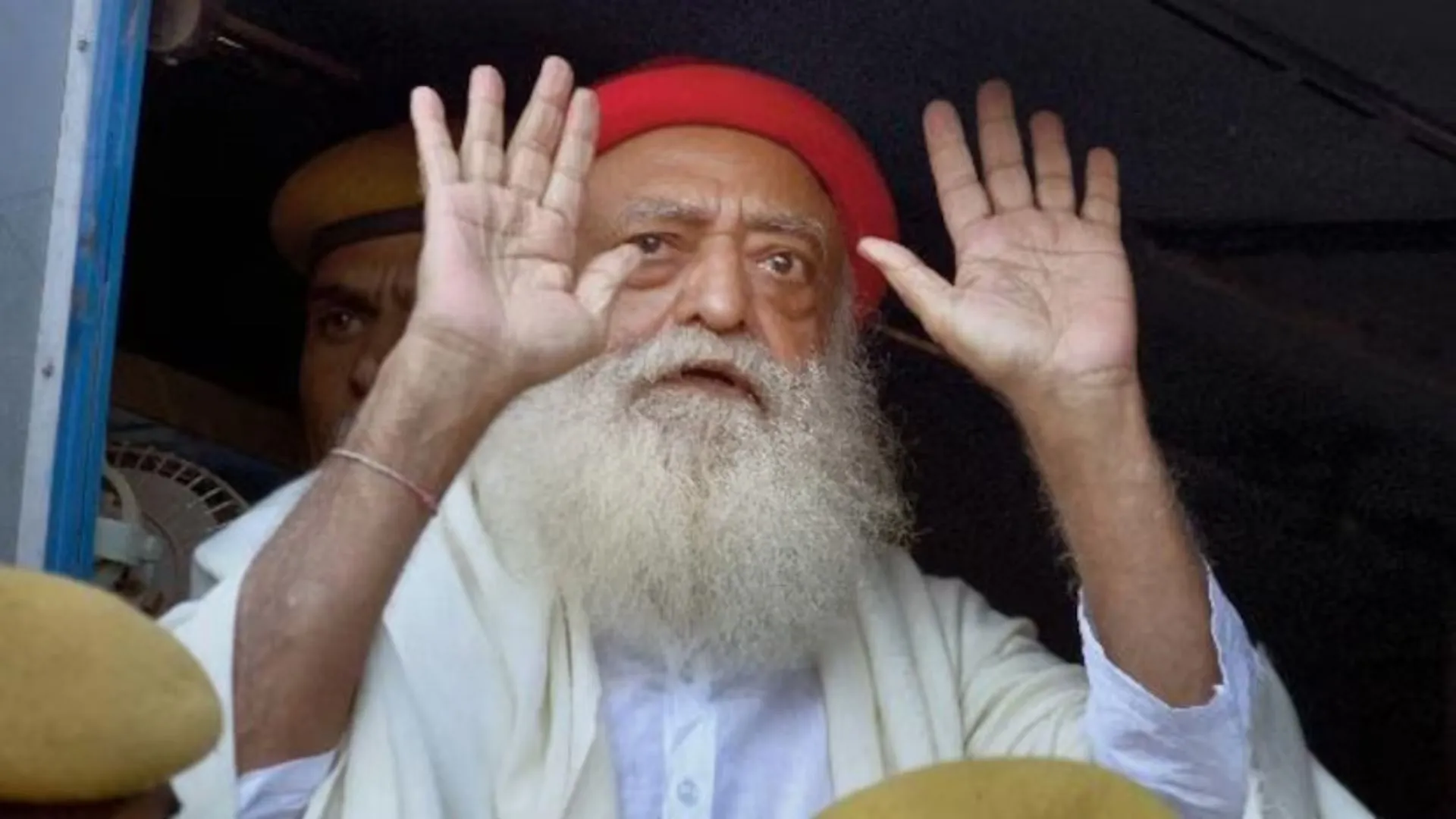The Supreme Court in the case Lok Prahari through its General Secretary V N Shukla IAS (Retd) vs Union of India and others observed and has sought a status report from the Union Government regarding the appointment of ad-hoc judges in High Courts under Article 224A of the Constitution of India.
It was stated that Article 224A of the Constitution enables a Chief Justice of a High Court, with the previous consent of the President and to request a former High Court judge to “sit and act as a judge” to hear the cases of the High Court. In the judiciary history of India, the provision has been invoked very rarely.
It was observed that the Supreme Court in April 2021, after taking note of the increase in vacancies in High Courts, had stressed on the need to appoint ad-hoc judges and a set of guidelines had been issued regarding the same. The Court issued directions in a PIL filed by an organization named “Lok Prahari”.
The bench comprising of Justice Sanjay Kishan Kaul, Justice AS Oka and the Justice Vikram Nath on September 14, 2022 sought a status report from the Union regarding any recommendation being made for ad-hoc judges.
Further, the bench also pondered on whether to relax the condition that there should be more than 20% vacancies to trigger the proceess of appointment of ad-hoc judges, while considering the fact that some High Court have large number of vacancies and are also being troubled with arrears in some specific subjects. Thus, the Attorney General was requested to address this aspect as well.
The court posted the case to September 27.
The bench passed the order recorded as follows:
It was submitted by Learned Attorney General that he needs sometime to file status report as to whether any recommendation on ad-hoc judges have been made and the fate thereof.
The court while seeing another aspect, with experience, the court is of finding that is that though we have put a bar of not more than 20% vacancies for making recommendation for ad-hoc judges, the fact remains that some of the Courts where there are large number of vacancies and are also troubled with arrears, in some specific subjects.
The court request the learned Attorney General to give a thought to this process as to how this particular aspect can be addressed. The court stated to list on 27th September, 2022 on the top of the Board.
The Supreme Court had laid down 5 trigger points which can activate the process under Article 224A, in the judgement delivered in April 2021.
Further, the court observed that the Trigger Point cannot be singular and there can be more than one eventuality where the it arises –
a. If there are more than 20% of the vacancies of the sanctioned strength.
b. The cases are pending for over five years in a particular category.
c. More than 10% of the backlog are over five years old of pending cases.
d. The percentage of the rate of disposal is lower than that of the institution of the cases either in a particular subject matter or generally in the Court.
e. Even if there are not many old cases pending before the court, but depending on the jurisdiction, a situation of mounting arrears is likely to arise if the rate of disposal is consistently lower than the rate of filing over a time period of a year or more.
Accordingly, the court emphasized that ad-hoc appointments cannot be a substitute for regular appointments. Further, it added the objective is not to appoint ad-hoc judges instead of judges to be appointed to the regular strength of the High Court.

















